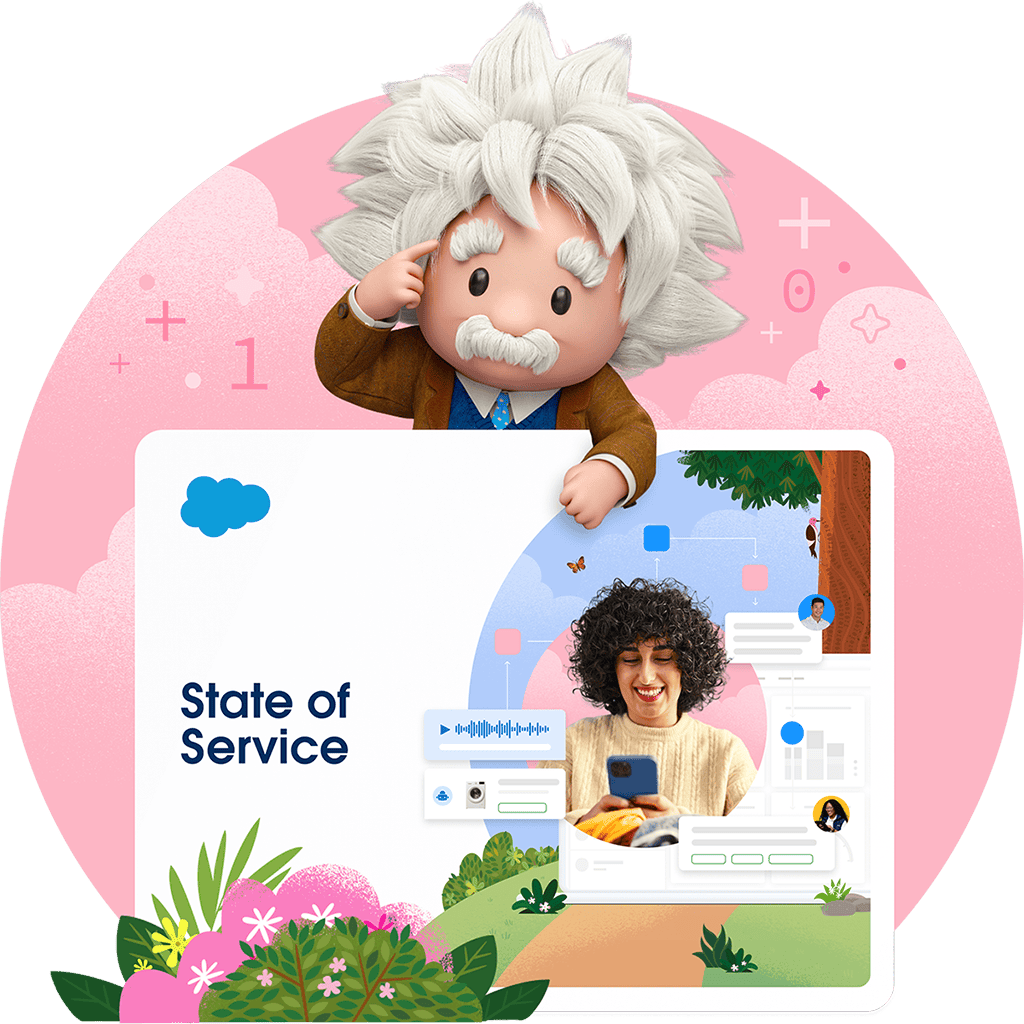
Customer Service Experience: A Complete Guide with Examples
Customer service experience can make or break a customer relationship — and your business. Here’s what you need to know.

Customer service experience can make or break a customer relationship — and your business. Here’s what you need to know.


Customer experience is the overall perception and feelings a customer has about a company brand based on their interactions. It includes every touchpoint and phase of customer engagements, from first contact to post-purchase support.
Customer experience directly influences customer satisfaction, loyalty, and retention. Our research underscores this: 88% of customers said good customer service makes them more likely to buy from a company again. A positive experience can differentiate a brand from competitors, boost word-of-mouth referrals, and drive business growth.
This in-depth overview defines customer service experience and explains why it's so essential. We close with how the right customer service management software solution with AI can help to improve customer service experience.
Customer service experience includes all interactions a customer has with a company's support team, such as inquiries, problem resolution, and product assistance. The right customer service software can set you up to deliver an exceptional customer service experience through various customer service channels like voice, email, live chat, and social media.
Customer service experience is critical to shaping the customer’s overall satisfaction and trust in the brand. Customer service reps, AI customer service agents, and self-service all play a role in a good customer service experience. But a customer experience should always be consistent.
Customer service experience is critical in a business. It directly impacts customer satisfaction, loyalty, and advocacy, which can lead to increased revenue and long-term growth. A positive customer experience differentiates a brand in a competitive market, encourages repeat business, and fosters trust, making it a crucial factor in retaining customers and attracting new ones through recommendations.
Our research finds that decision makers’ #1 priority is improving the customer experience. Customers who consistently have a good customer experience are more likely to trust your business and be open to upselling. Plus, it’s less expensive to keep an existing customer than it is to find a new one.
Five important elements of a positive customer service experience include:
Together, these factors collectively enhance customer satisfaction and build loyalty.

High-performing organizations are using data, AI, and automation to deliver faster, more personalized service. Find out how in the 6th State of Service report.
Measuring customer service experience involves using a combination of qualitative and quantitative methods to assess customer satisfaction and engagement. Key metrics include:
These metrics provide a foundation for finding out what works and what needs help in your customer service experience.
Good customer service experiences happen when an organization understands what pleases the customer. A few examples:

Watch Agentforce for Service resolve cases on its own, deliver trusted answers, engage with customers across channels and seamlessly hand off to human service reps.
Improving customer service experience is critical for enhancing satisfaction, loyalty, and retention. Here are five effective strategies to achieve this:
By implementing these strategies, your business can significantly improve their customer service experience. This can lead to higher customer satisfaction, increased loyalty, and even business growth.
Delivering exceptional customer service experience involves using data, automation, AI, and knowledge management effectively. Here are some best practices for each to set up for success:

It's an exclusive meeting place, just for service professionals. From customer service to field service, the Serviceblazer Community is where peers grow, learn, and celebrate everything service.
Giving your support team the right technology can help them deliver a better customer service experience. That starts with the right cloud-based customer service support software solution. Let’s look at how Service Cloud can help set you up for success:
Service Cloud helps businesses not only meet but exceed customer expectations, leading to improved customer loyalty, reduced churn, and ultimately, enhanced business growth.

Your AI is only as strong as the data it's built on. Agentforce for Service's are built on trusted, secured data to safely maximize the power of AI.